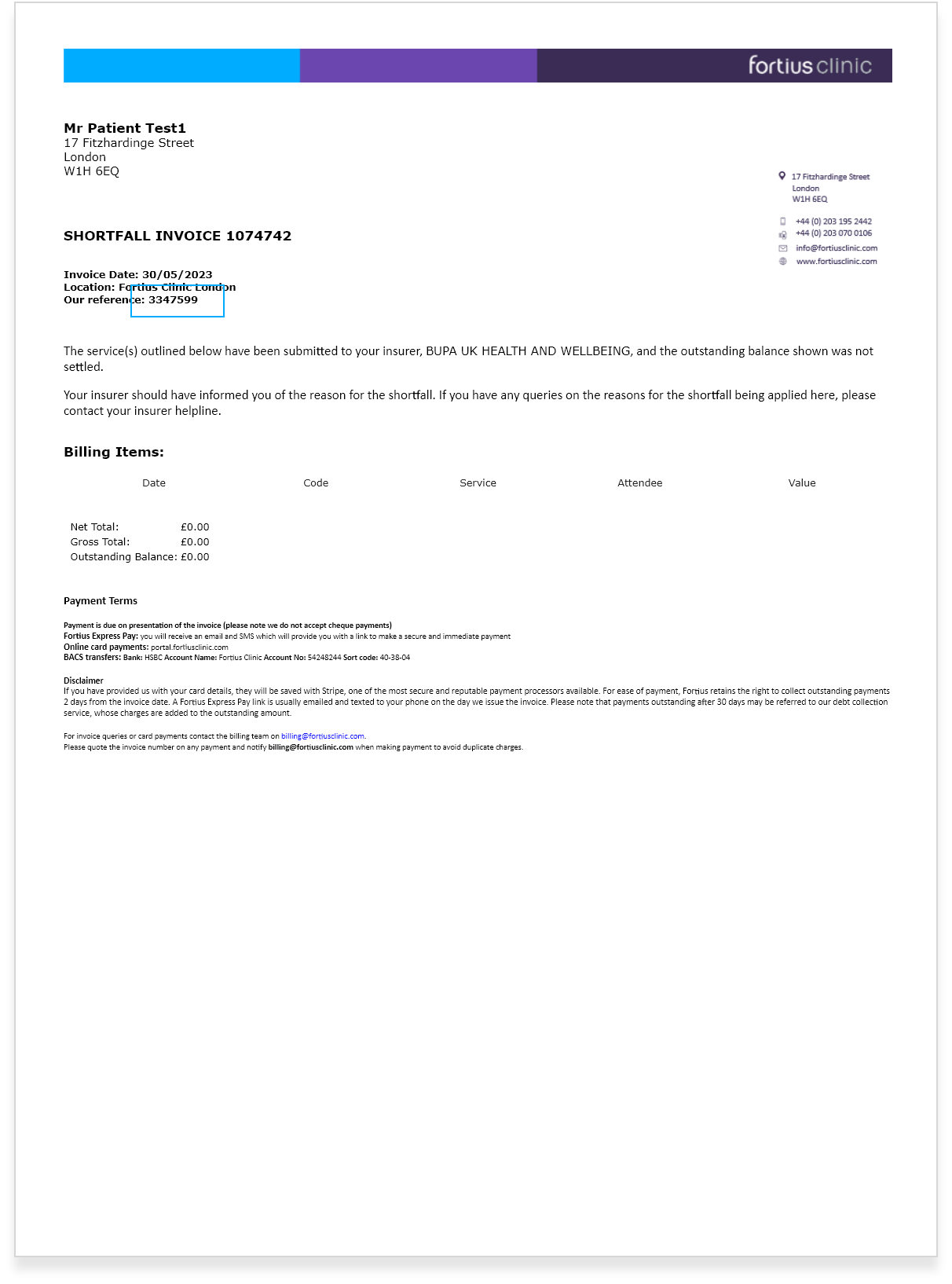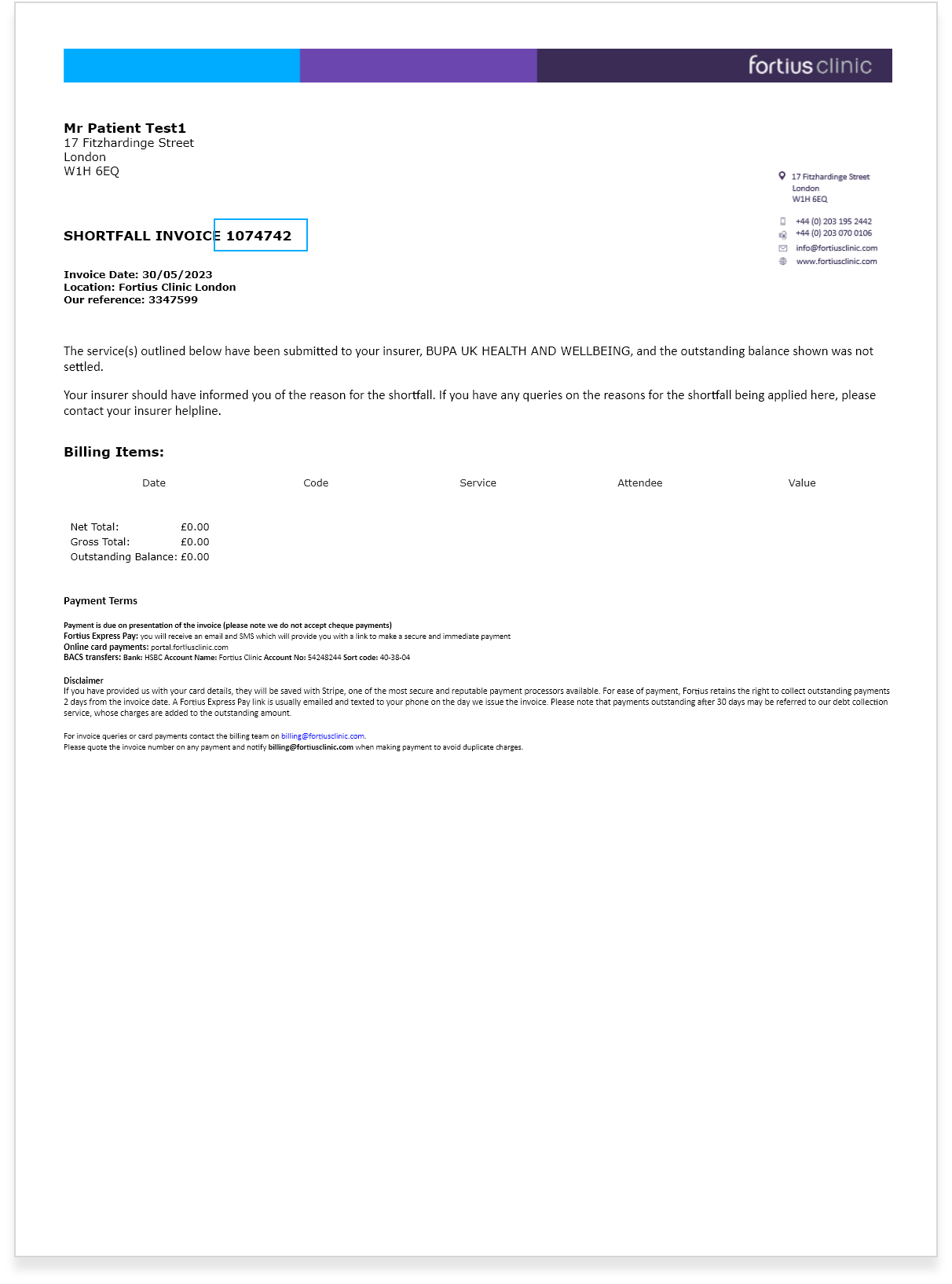Fortius Clinic's Dr. Jo Larkin: The Unseen Force Behind the Women's Rugby World Cup
26 September 2025
The Women's Rugby World Cup has been a spectacular showcase of athleticism and talent, and the excitement is set to peak this weekend. England's Red Roses fought their way to the final with a hard-earned 35-17 victory over a determined French side and are now preparing for the biggest match of their lives against a Canada side who’s journey to the final has been a perfect one, with a flawless and dominant tournament leading to their most defining moment being upsetting the defending champions, New Zealand, to secure their place in a historic final.
As the nation gets ready to cheer on the team at Twickenham, it's worth recognising the crucial role played behind the scenes to ensure that players' welfare has been the absolute top priority throughout the tournament.
At the heart of this effort is Dr. Jo Larkin, a Consultant in Sport and Exercise Medicine at Fortius Clinic, who has been appointed the Tournament Medical Director for this year's competition. Her leadership underscores the growing professionalism and dedicates medical support within women's rugby, ensuring a robust and comprehensive medical framework has been in place from the first whistle.
A Career Dedicated to Athlete Wellbeing
Dr. Larkin is a highly respected figure in sports medicine with extensive experience treating elite athletes. Her career has been built on providing high-performance medical support, encompassing everything from injury prevention and acute care to rehabilitation and long-term health strategies.
She has a deep understanding of the complex medical demands of international competitions and the unique physical toll these events take on athletes. Her expertise has been instrumental in navigating the challenges of a World Cup, guaranteeing that every player has access to the highest level of care.
A Champion for Women's Sport
Dr. Larkin's role is particularly significant for women's rugby. As a leading female medical professional in such a high-profile position, she serves as an inspiration for aspiring women in sports medicine and leadership. She is a powerful advocate for the specific health and physiological needs of female athletes, ensuring medical provisions are carefully tailored to them.
The physical demands of rugby at this elite level are immense. With Dr. Larkin at the helm, players, coaches, and fans can be confident that athlete welfare has been of the utmost importance. Her leadership has been key in creating a safe and supportive environment, allowing the world's best female rugby players to perform at their peak and deliver what has been a truly unforgettable tournament so far.
Read More
To read further on Dr Jo Larkin's incredible work and efforts as well as the tournament itself, read the British Association of Sport and Exercise Medicine's Article.
.jpg)

